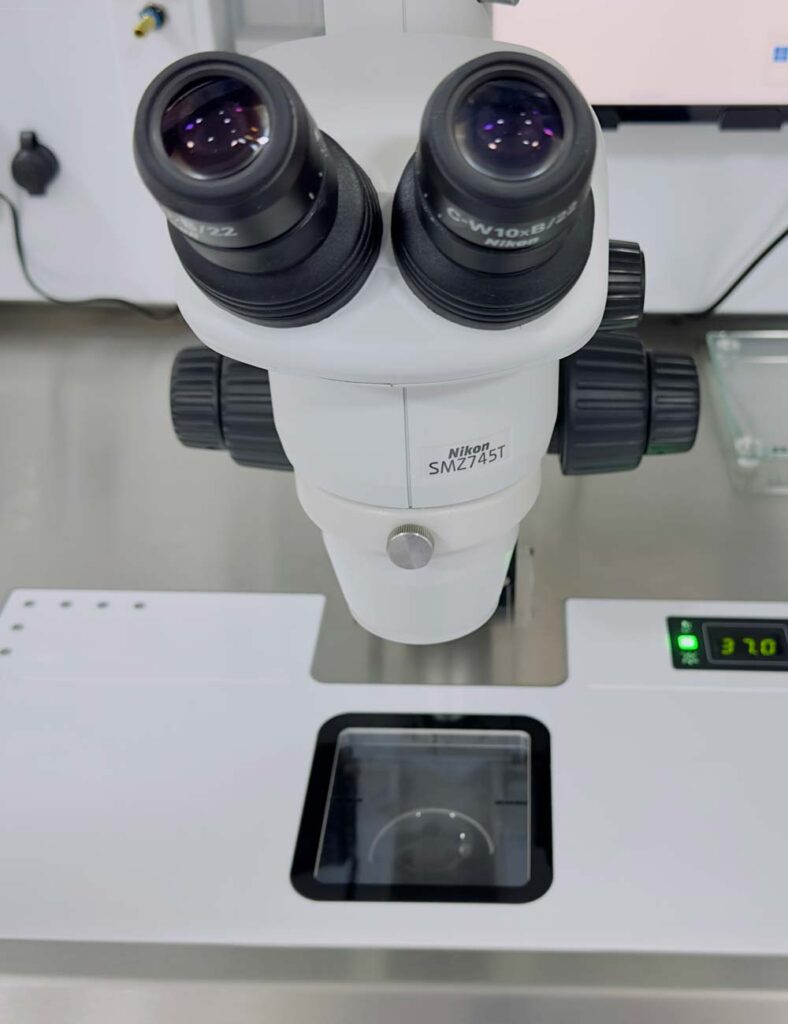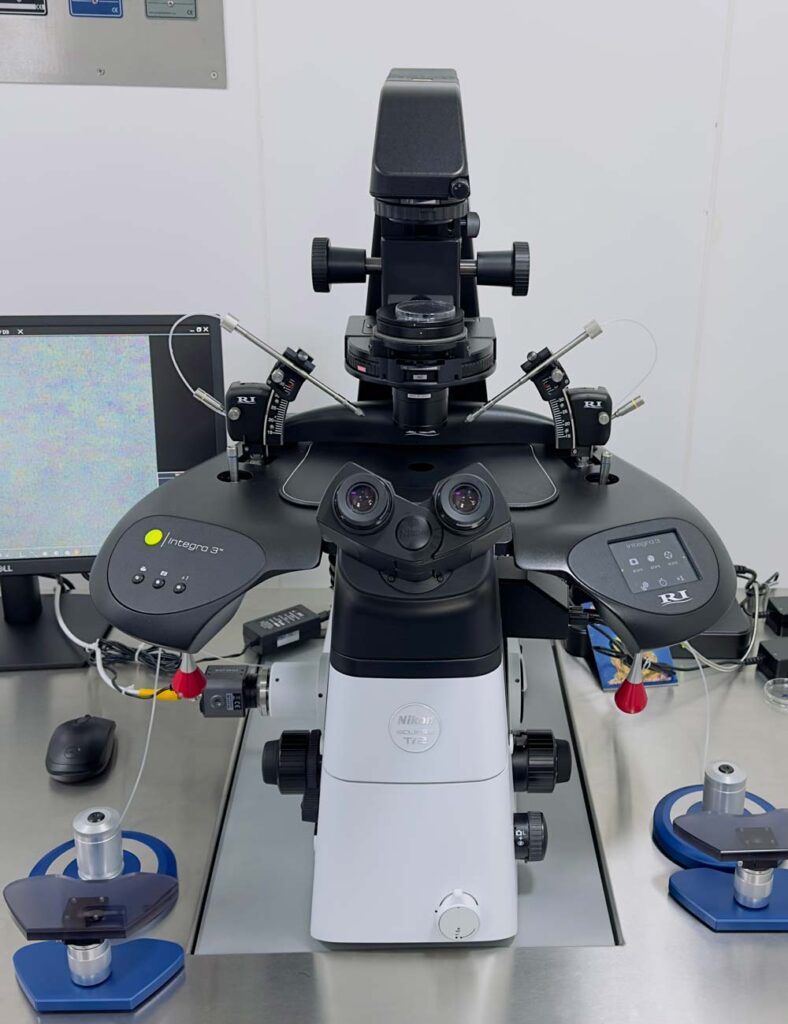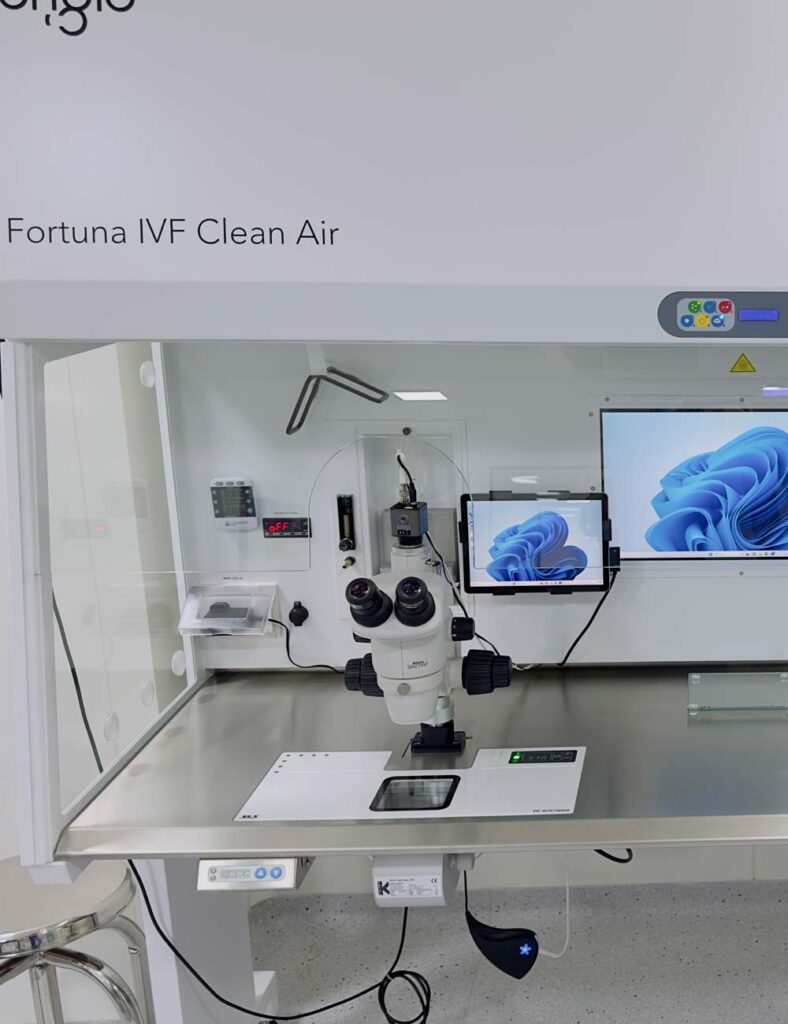Our Infertility Treatments
Infertility is a disease that affects both males and females. A couple may be diagnosed as infertile if they are not able to conceive a child despite having well-timed, unprotected sexual intercourse for over 12 months or more (younger than 35) or after six months (older than 35).
















